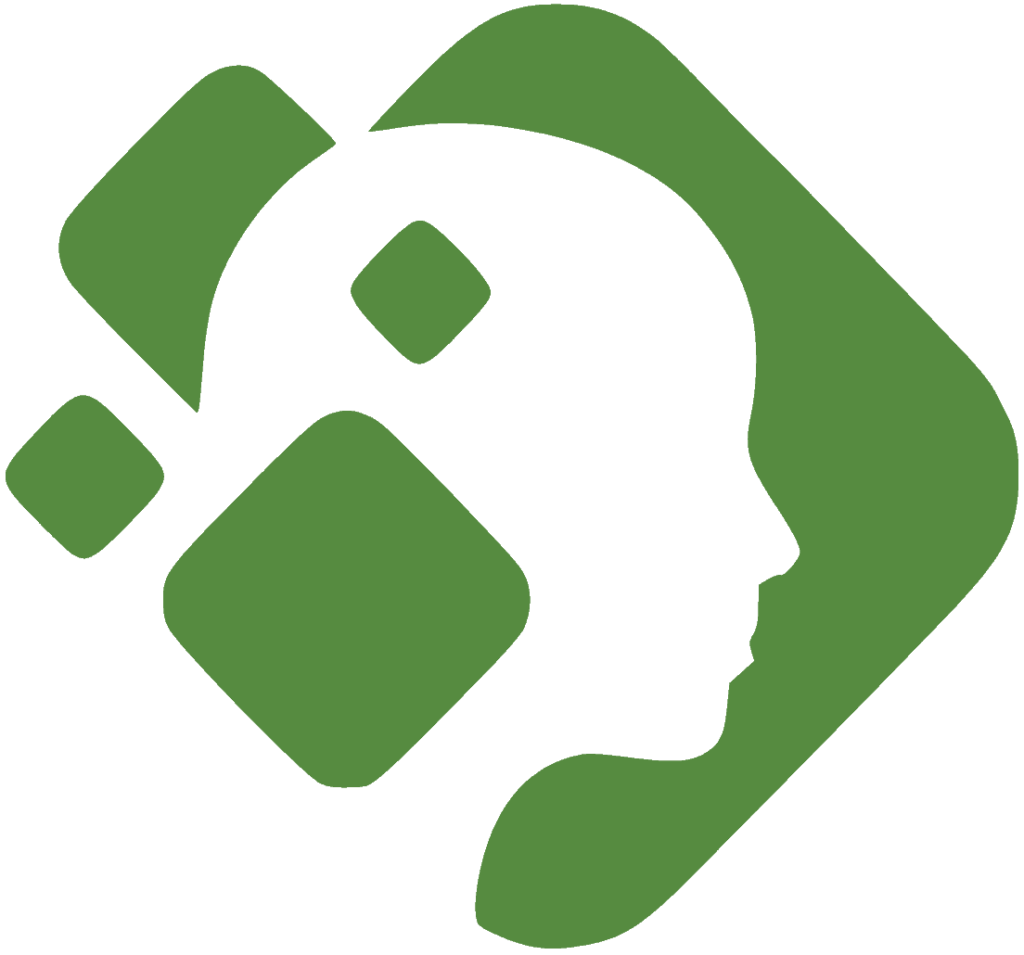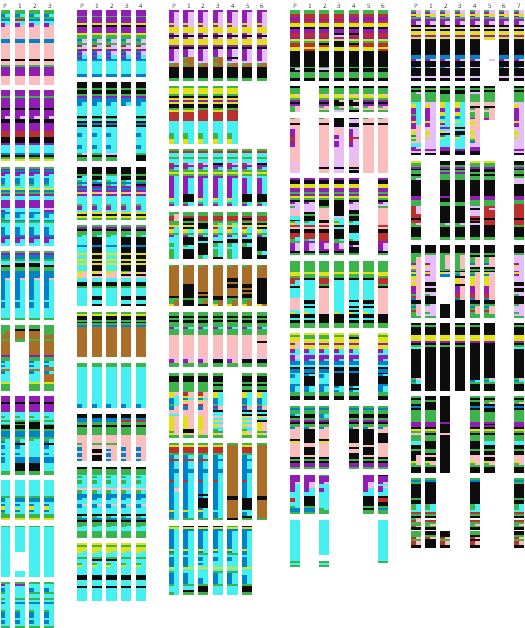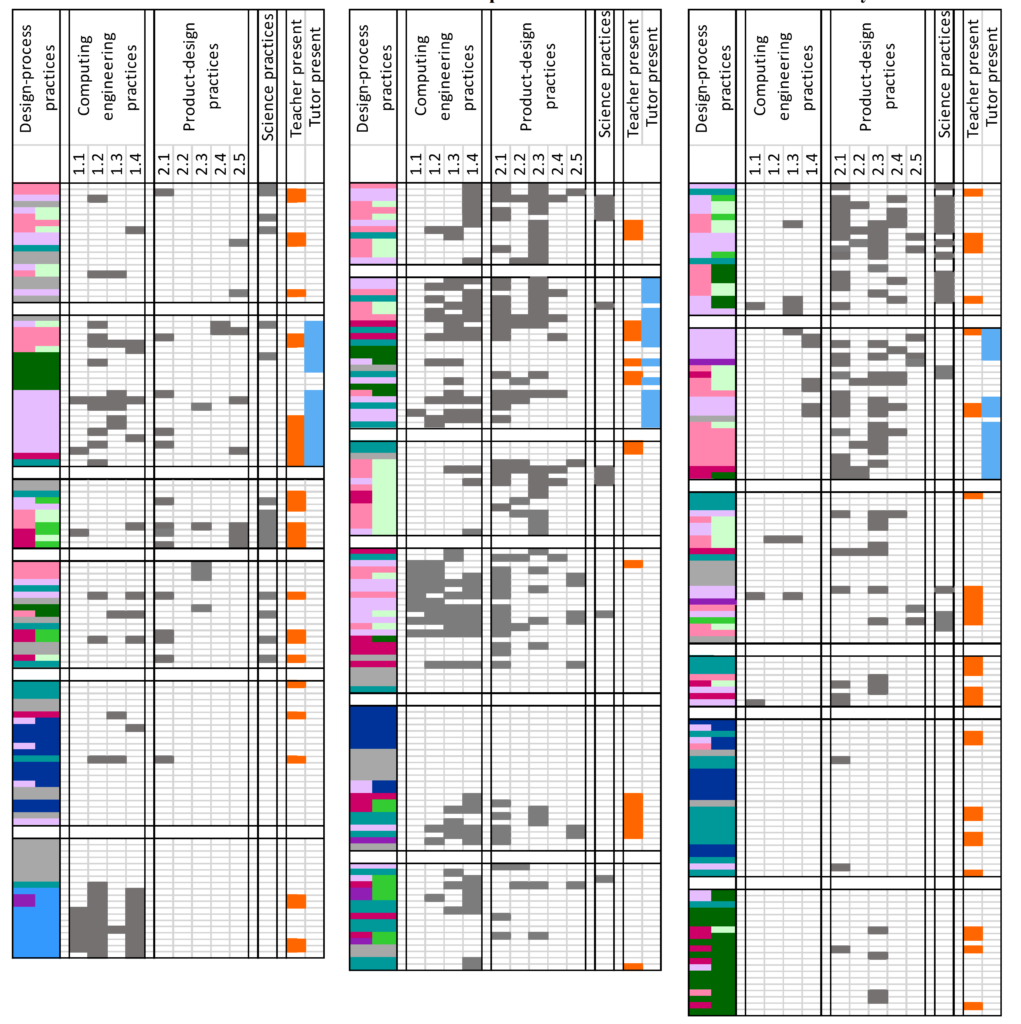Current research
Currently I’m working in the Generation AI research project, funded by the Strategic Research Council of the Academy of Finland. The project focuses on building scientific understanding, research-based pedagogical models, tools, and applications for the technology education of the ‘AI generation’ – education that considers the operating principles of AI, the opportunities it offers, and the dynamic effects, without forgetting its shortcomings and risks or how it can increase confrontation, discrimination, insecurity, and erode trust. The project brings together researchers from different fields, technology developers, schools, authorities, companies and non-governmental organizations.
My own research in the Generation AI project focuses on the development of epistemic fluency needed when working creatively and productively with, through, around and sometimes despite artificial intelligence.
You can read more about Generation AI from the project website here.
Main research interests
My research interests mainly focus on three, interlinked core themes:
- Knowledge creation and all things epistemic
- Maker-centred learning, maker education and invention pedagogy
- Development of visual analysis methods for video data
Knowledge creation and all things epistemic
Knowledge creation, deeply linked to the human skills of creative thinking, empathic engagement, and collaboration, defines learning as trialogical, where people jointly create and develop:
- shared objects of activity (such as conceptual and material artefacts)
- mediating processes (practices and interactions between different types of knowledge)
- through the usage of mediating artefacts (signs, concepts, and tools).
I consider knowledge in its broadest sense that, in addition to discursive entities, such as texts, includes knowledge incorporated in skills (“procedural knowledge”), intuitive, pre-reflective knowledge emerging through habits, and so called “thing knowledge” that is incorporated, for example, in design artefacts, tools, materials and environment.
In my research, I approach knowledge creation through several concepts that I call as all things epistemic, such as:
In knowledge creation people collaboratively develop shared epistemic objects. These objects are emergent, incomplete, and abstract in nature, having the ability to be infinitely re-interpreted, generating new questions and inviting further contributions by revealing what is missing, implying limitations and weaknesses, and suggesting new ideas, thus providing guidance on where to focus next and which way to proceed. Epistemic objects take a physical, concrete form through successive versions of textual, visual, and physical (e.g., prototypes) artefacts.
See, e.g.: Knorr Cetina, K. (2001). Objectual practice. In K. Knorr Cetina, T. R. Schatzki, & E. von Savigny (Eds.), The practice turn in contemporary theory (pp. 175–188). Routledge. https://doi.org/10.4324/9780203977453
Epistemic practices are personal and social practices related to working with different types of knowledge. Such practices represent generative systems of creative habits, patterns, routines, and practices that mediate knowledge-creating activity, corresponding to flexible cultural scripting of open-ended creative activities.
Although epistemic practices sometimes support routine learning (transmission) at their creative edge, they diverge from other routine social practices because they occur in deliberately cultivated, dynamic, and fluid settings that foster innovation.
People who are flexible and adept with respect to different ways of knowing about the world can be said to possess epistemic fluency.
Epistemic fluency is capability to recognize and practice a culture’s epistemic games, with their associated epistemic forms, that is one of the essential skills for becoming a member of a community of practice.
See: Markauskaite, L., & Goodyear, P. (2017). Epistemic fluency and professional education. Springer Netherlands. https://doi.org/10.1007/978-94-007-4369-4
Epistemic doubt I especially relate to situations where people work with, through or around AI.
Skillful balancing and moving between trust and distrust – a cognitive and affective state of discomfort and uncertainty where there is profound understanding that information may be partial, biased, or incorrect.
Cultivating epistemic doubt includes two key stages:
- Interactions with AI, or with other forms of agency, knowledge, or artefacts, can be held in ‘epistemic doubt’.
- While holding epistemic doubt, information can be taken ‘in trust’ simultaneously.
Information, such as AI systems, AI-generated judgements, content, and ideas emerging through them, become considered through three philosophical perspectives of:
- Ontology – What is there?
- Epistemology – How do we know?
- Axiology – Should we care?
See: Bearman, M., & Ajjawi, R. (2023). Learning to work with the black box: Pedagogy for a world with artificial intelligence. British Journal of Educational Technology. https://doi.org/10.1111/bjet.13337
Maker-centred learning, maker education and invention pedagogy
“What I cannot create, I cannot understand.”
Collaborative making is at the core of maker-centred learning that is a multifaceted epistemic process that involves interaction between ideas, traditional and digital tools and fabrication methods, materials, socio-material spaces, and related embodied experiences, further advancing design objects and knowledge related to their creation.
An essential aspect of collaborative, maker-centred learning is engaging students to jointly innovate and design through materialising their ideas in conceptual (spoken or written ideas), visual (drawings and sketches), and material (prototypes and models) artefacts. These artefacts, the material instantiations of epistemic objects, provide material anchors to direct the process forward and invite discussion, elaboration and further ideation. The associated epistemic processes become materially entangled as these material artefacts profoundly affect the intertwined creation of increasingly advanced design ideas.
To foster knowledge-creating learning in educational settings, invention pedagogy framework has been developed in Finnish educational setting. It enables researchers, educators, technology developers, administrators, and policy maker to jointly address the implementation of knowledge-creating learning, learning by collaborative design and educational maker culture at schools. Collaborative invention projects are multi-material, anchored in integrative thematic study projects, and orchestrated by teacher teams that represent multiple subject domains, combining traditional craft and digital fabrication technologies and involving holistic processes, including all stages, from design ideation to experimentation, fabrication, and evaluation of the final products. Such projects offer a collaborative way to design and make, as well as a contextual application of knowledge and skills to devise novel and practical solutions to relevant real-world issues and solve the associated design challenges.
Development of visual analysis methods for video data
I actively develop systematic qualitative visual analysis methods for video data, mainly the process-rug video analysis framework. The framework provides a systematic approach to examine situationally interleaving social and material aspects of knowledge-creating learning from video data. In particular, it enables portrayals of the temporal and dynamic trajectories of collaborative learning and the epistemic practices involved in making artifacts.
I have also developed ways to render visible development of design ideas and epistemic practices embedded in maker-centred learning processes from video data.


